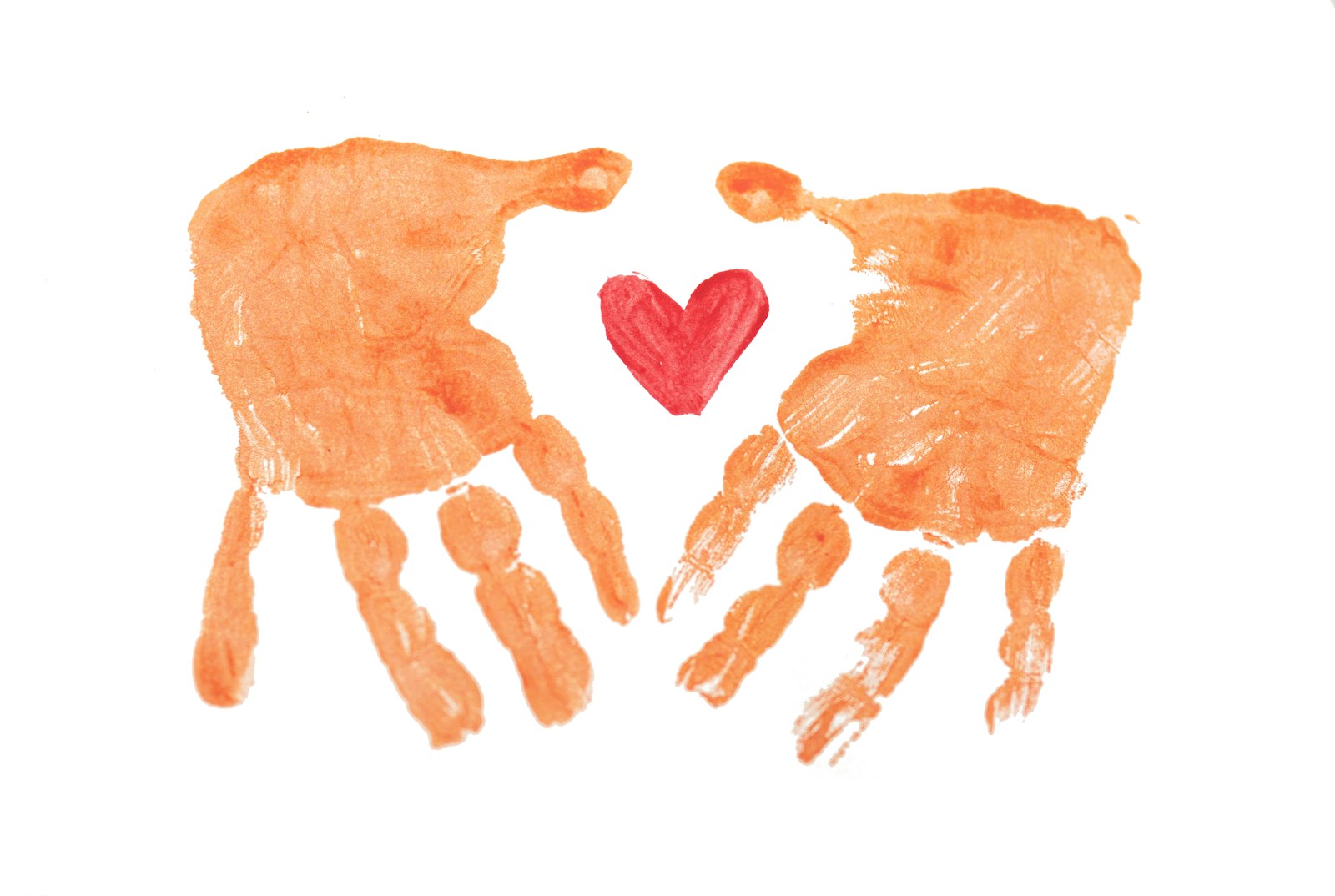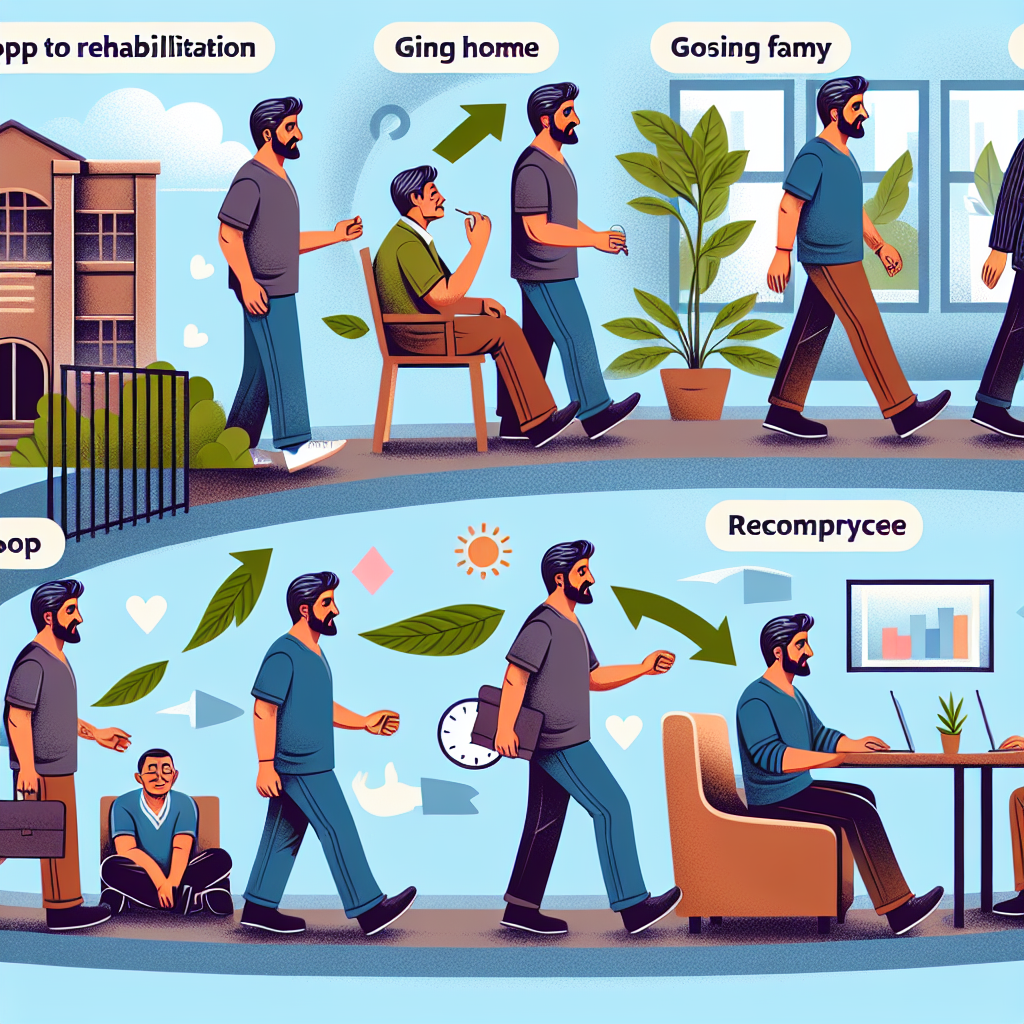-
Table of Contents
“Empower, Support, Heal: Practical Steps for Helping a Loved One Overcome Cocaine Addiction”
Introduction
Supporting a loved one with cocaine addiction can be a challenging and emotional journey, but your support can make a significant difference in their recovery process. Understanding the complexities of addiction and equipping yourself with practical strategies can help you provide the necessary support while maintaining your own well-being. This guide offers practical tips for supporting a loved one struggling with cocaine addiction, focusing on effective communication, setting healthy boundaries, encouraging professional help, and fostering a supportive environment. By following these tips, you can play a crucial role in their path to recovery and help them reclaim their life from the grips of addiction.
Understanding Cocaine Addiction: Key Facts and Myths
Understanding cocaine addiction is crucial for anyone looking to support a loved one through this challenging journey. Cocaine, a powerful stimulant, affects the brain’s reward system, leading to intense feelings of euphoria. However, this temporary high comes at a significant cost, often resulting in addiction. One of the key facts to grasp is that addiction is a complex disease, not a moral failing. This understanding can foster empathy and patience, essential qualities when supporting someone struggling with cocaine addiction.
A common myth is that addiction is simply a matter of willpower. In reality, addiction alters brain chemistry, making it incredibly difficult for individuals to quit on their own. Recognizing this can help you approach your loved one with compassion rather than judgment. It’s also important to understand that recovery is not a linear process. There will be setbacks and relapses, but these do not signify failure. Instead, they are part of the journey toward recovery.
Another key fact is that addiction often coexists with other mental health issues, such as depression or anxiety. This dual diagnosis requires a comprehensive treatment plan that addresses both the addiction and the underlying mental health conditions. Encouraging your loved one to seek professional help is crucial. Therapists, counselors, and support groups can provide the necessary tools and strategies for managing addiction and its associated challenges.
It’s also essential to debunk the myth that you can “fix” your loved one. While your support is invaluable, the decision to seek help and commit to recovery ultimately lies with them. What you can do is create a supportive environment that encourages healthy choices. This might involve setting boundaries, such as not enabling their drug use, and offering emotional support without judgment.
Education is another powerful tool in your arsenal. Understanding the science behind addiction can help you communicate more effectively with your loved one. For instance, explaining how cocaine affects the brain can make them more aware of the physical and psychological grip of the drug. This knowledge can also help you identify triggers and warning signs of relapse, allowing you to intervene early.
Moreover, self-care is vital when supporting someone with an addiction. It’s easy to become so focused on their needs that you neglect your own well-being. Remember, you can’t pour from an empty cup. Taking care of your mental and physical health ensures that you are in the best position to offer support. This might involve seeking therapy for yourself, joining a support group for families of addicts, or simply taking time to engage in activities that bring you joy and relaxation.
Communication is another cornerstone of effective support. Open, honest, and non-judgmental conversations can help your loved one feel understood and less isolated. Avoiding blame and focusing on expressing your concerns and feelings can create a more supportive dialogue. For example, instead of saying, “You need to stop using cocaine,” you might say, “I’m really worried about your health and well-being.”
Lastly, celebrate the small victories. Recovery is a long and arduous process, and acknowledging progress, no matter how minor, can boost your loved one’s morale. Whether it’s attending a therapy session, staying clean for a day, or even expressing a desire to change, these are all steps in the right direction.
In conclusion, understanding cocaine addiction involves dispelling myths and embracing key facts. By fostering empathy, encouraging professional help, educating yourself, practicing self-care, maintaining open communication, and celebrating progress, you can provide meaningful support to your loved one on their path to recovery.
Effective Communication Strategies for Supporting a Loved One
Supporting a loved one with cocaine addiction can be a challenging and emotional journey, but effective communication strategies can make a significant difference in their recovery process. One of the most crucial aspects of supporting someone with an addiction is to approach the situation with empathy and understanding. By fostering an environment of trust and openness, you can help your loved one feel safe and supported, which is essential for their willingness to seek help and make positive changes.
To begin with, it is important to educate yourself about cocaine addiction. Understanding the nature of the addiction, its effects on the brain and behavior, and the challenges associated with recovery can provide you with valuable insights. This knowledge will enable you to communicate more effectively and compassionately with your loved one. Additionally, it will help you set realistic expectations and avoid common misconceptions that can hinder the support process.
When initiating conversations about their addiction, choose a time when both of you are calm and free from distractions. It is essential to approach the topic with a non-judgmental attitude, as criticism and blame can lead to defensiveness and resistance. Instead, express your concerns using “I” statements, such as “I am worried about your health” or “I feel scared when I see you struggling.” This approach focuses on your feelings and observations rather than accusing or shaming them, which can help prevent them from feeling attacked.
Active listening is another vital component of effective communication. When your loved one speaks, give them your full attention and avoid interrupting. Show that you are genuinely interested in their thoughts and feelings by nodding, maintaining eye contact, and providing verbal affirmations like “I understand” or “That must be really tough.” Reflecting back what they have said can also demonstrate that you are truly listening and empathizing with their experience. For example, you might say, “It sounds like you’re feeling overwhelmed by the cravings.”
Encouraging open and honest dialogue is crucial, but it is equally important to set healthy boundaries. While you want to be supportive, you must also protect your own well-being. Clearly communicate your limits and the consequences of crossing them. For instance, you might say, “I am here to support you, but I cannot tolerate drug use in our home.” Setting boundaries helps maintain a balanced relationship and prevents enabling behaviors that can perpetuate the addiction.
Offering practical support can also make a significant impact. This might include helping them find professional treatment options, attending therapy sessions together, or assisting with daily responsibilities to reduce their stress. However, it is important to encourage their independence and self-efficacy. Empower them to take an active role in their recovery by setting small, achievable goals and celebrating their progress.
Lastly, practice patience and persistence. Recovery from cocaine addiction is often a long and non-linear process, with potential setbacks along the way. It is essential to remain hopeful and continue offering your support, even when progress seems slow. Remind your loved one that they are not alone and that you believe in their ability to overcome their addiction.
In conclusion, effective communication strategies are fundamental in supporting a loved one with cocaine addiction. By approaching the situation with empathy, educating yourself, practicing active listening, setting healthy boundaries, offering practical support, and maintaining patience, you can create a supportive environment that fosters their recovery journey. Your unwavering support and understanding can inspire hope and resilience, ultimately helping your loved one reclaim their life from addiction.
Creating a Safe and Supportive Environment at Home
Creating a safe and supportive environment at home is crucial when supporting a loved one with cocaine addiction. The journey to recovery is often fraught with challenges, but a nurturing home environment can significantly enhance the chances of success. To begin with, it is essential to foster open and honest communication. Encouraging your loved one to express their feelings and thoughts without fear of judgment can help build trust and understanding. Active listening, where you genuinely pay attention and respond empathetically, can make them feel valued and supported.
In addition to communication, establishing a structured routine can provide a sense of stability and predictability. This can be particularly beneficial for someone struggling with addiction, as it helps to reduce the chaos that often accompanies substance abuse. Simple daily activities, such as shared meals or regular exercise, can create a sense of normalcy and purpose. Moreover, involving your loved one in setting these routines can empower them and give them a sense of control over their life.
Creating a drug-free environment is another critical step. Removing any substances or paraphernalia from the home can reduce temptation and prevent relapse. It is also important to educate yourself about addiction and recovery. Understanding the nature of cocaine addiction, its effects, and the recovery process can help you provide informed support. This knowledge can also dispel any misconceptions and reduce stigma, making it easier for your loved one to seek help.
While providing support, it is equally important to set healthy boundaries. Addiction can strain relationships, and it is crucial to protect your own well-being. Clearly communicating your limits and expectations can prevent enabling behaviors and promote a healthier dynamic. For instance, you might set boundaries around financial support or the behavior you are willing to tolerate in your home. Consistently enforcing these boundaries can help your loved one understand the consequences of their actions and encourage them to take responsibility for their recovery.
Encouraging professional help is another vital aspect of creating a supportive environment. Addiction is a complex condition that often requires specialized treatment. Supporting your loved one in seeking therapy, attending support groups, or enrolling in a rehabilitation program can provide them with the tools and resources they need to overcome their addiction. Additionally, participating in family therapy can help address any underlying issues and improve communication and relationships within the family.
It is also important to celebrate small victories and progress. Recovery is a long and often difficult journey, and acknowledging achievements, no matter how small, can boost your loved one’s morale and motivation. Positive reinforcement can help them see the benefits of their efforts and encourage them to continue on their path to recovery.
Lastly, practicing self-care is essential for both you and your loved one. Supporting someone with an addiction can be emotionally and physically draining, and it is important to take care of your own needs. Engaging in activities that bring you joy, seeking support from friends or support groups, and taking time to relax can help you maintain your own well-being. By taking care of yourself, you can be a more effective and compassionate support system for your loved one.
In conclusion, creating a safe and supportive environment at home involves open communication, structured routines, a drug-free space, healthy boundaries, encouragement of professional help, celebration of progress, and self-care. By fostering a nurturing and understanding atmosphere, you can play a pivotal role in your loved one’s journey to recovery from cocaine addiction.
Encouraging Professional Help and Treatment Options
Supporting a loved one with cocaine addiction can be a challenging and emotional journey, but encouraging professional help and exploring treatment options are crucial steps toward recovery. Understanding the importance of professional intervention is the first step. Addiction is a complex disease that often requires more than just willpower to overcome. Professional help provides the necessary tools, support, and medical expertise to address both the physical and psychological aspects of addiction.
One of the most effective ways to encourage a loved one to seek professional help is through open and compassionate communication. Expressing your concerns without judgment can create a safe space for your loved one to share their struggles. It’s important to listen actively and validate their feelings, showing empathy and understanding. This approach can help reduce the stigma associated with addiction and make your loved one feel less isolated.
Transitioning from conversation to action, it’s beneficial to research and present various treatment options. There are numerous paths to recovery, including inpatient rehabilitation, outpatient programs, and therapy. Inpatient rehabilitation centers offer a structured environment where individuals can focus entirely on their recovery, free from external distractions and temptations. These centers provide medical supervision, counseling, and support groups, which can be particularly beneficial for those with severe addiction.
Outpatient programs, on the other hand, offer more flexibility, allowing individuals to continue with their daily responsibilities while receiving treatment. These programs typically include counseling, group therapy, and educational sessions about addiction and recovery. Outpatient treatment can be a good option for those with a strong support system at home and a less severe addiction.
Therapy, whether individual or group, is another critical component of addiction treatment. Cognitive-behavioral therapy (CBT) is particularly effective in helping individuals understand the underlying causes of their addiction and develop healthier coping mechanisms. Group therapy provides a sense of community and shared experience, which can be incredibly empowering and motivating.
In addition to these traditional treatment options, holistic approaches such as mindfulness, meditation, and exercise can complement the recovery process. These practices help individuals manage stress, improve mental health, and build resilience. Encouraging your loved one to explore these options can provide them with additional tools to support their recovery journey.
While professional help is essential, your role as a supportive friend or family member is equally important. Being present, offering encouragement, and celebrating small victories can make a significant difference. Recovery is often a long and challenging process, and having a strong support system can provide the motivation and strength needed to persevere.
It’s also important to take care of yourself during this time. Supporting someone with an addiction can be emotionally draining, and maintaining your well-being is crucial. Seeking support from friends, family, or support groups for loved ones of addicts can provide you with the strength and perspective needed to continue offering support.
In conclusion, encouraging professional help and exploring treatment options are vital steps in supporting a loved one with cocaine addiction. Through compassionate communication, presenting various treatment options, and providing ongoing support, you can play a crucial role in their recovery journey. Remember, recovery is possible, and with the right support and resources, your loved one can overcome their addiction and build a healthier, more fulfilling life.
Q&A
1. **Question:** What is one effective way to communicate with a loved one about their cocaine addiction?
**Answer:** Approach the conversation with empathy and without judgment, focusing on expressing concern for their well-being rather than criticizing their behavior.
2. **Question:** How can setting boundaries help in supporting a loved one with cocaine addiction?
**Answer:** Setting clear and consistent boundaries helps protect your own well-being and can encourage the loved one to take responsibility for their actions and seek help.
3. **Question:** Why is it important to educate yourself about cocaine addiction?
**Answer:** Understanding the nature of addiction, its effects, and treatment options can better equip you to provide informed support and reduce feelings of frustration or helplessness.
4. **Question:** What role can professional help play in supporting a loved one with cocaine addiction?
**Answer:** Professional help, such as therapy, counseling, or rehabilitation programs, can provide the structured support and medical care necessary for effective treatment and recovery.
Conclusion
Supporting a loved one with cocaine addiction requires a multifaceted approach that includes educating oneself about the addiction, maintaining open and non-judgmental communication, encouraging professional treatment, setting healthy boundaries, and practicing self-care. It’s crucial to offer emotional support while also promoting accountability and seeking the assistance of support groups or counseling for both the individual and their loved ones. By combining empathy with practical strategies, one can create a supportive environment conducive to recovery.



